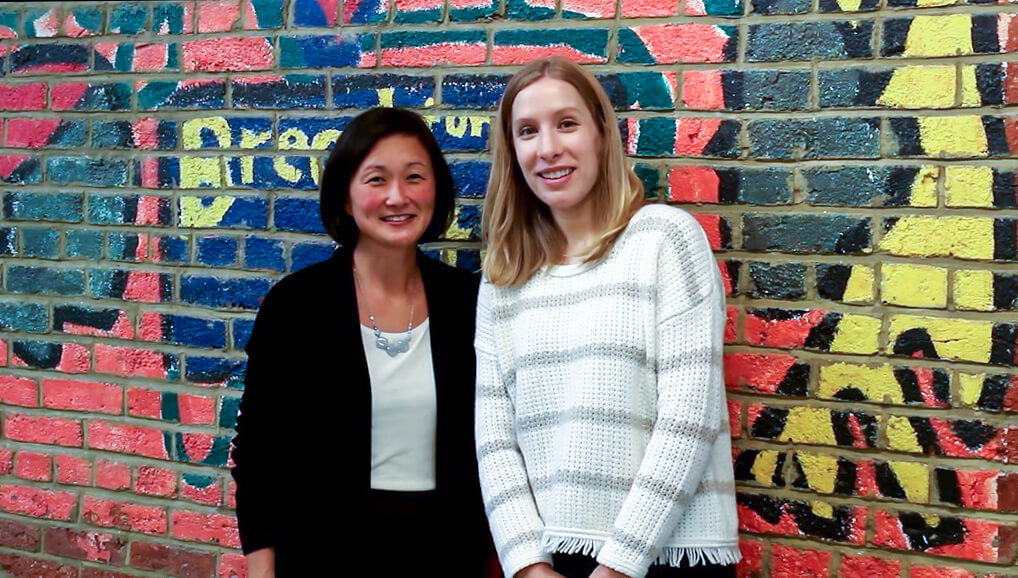By Cheryl Polydor
Dignity. Respect. Justice. Service. These words appear on the homepage of Bread for the City and in the lobby of its center in Northwest DC. They are the intangible contributions that Bread for the City makes to the lives of those living in poverty in the District—while also providing them with food, clothing, medical care, legal assistance, and social services.
The need is great. According to the Census Bureau, from 2009–2013 18.6% of the District’s 658, 893 residents lived below the poverty line. This rate is even higher than the 15.4% of the total U.S. population living in poverty. There were also 35,000 evictions filed in the District last year; in those eviction proceedings, 90% of landlords had legal representation but only 5% of tenants did. And the current holiday season finds one in three children in the District struggling with hunger.
As part of DC Pro Bono Week 2015, several Washington Council of Lawyers members visited Bread’s Northwest DC Center on October 27 to meet Su Sie Ju, Legal Director, and Kristine Jensen, Volunteer and In-Kind Manager. The pair provided an overview of Bread’s operations, demonstrating a command of their specialties and a commitment to their work and the people they serve.
Bread for the City is a nonprofit organization that started as two smaller, separate entities: Zacchaeus Free Clinic, a volunteer-run medical clinic established in 1974, and Bread for the City, a coalition of several churches created in 1976 to provide food and clothing to the poor. The two organizations combined forces, under the name Bread for the City, in 1995.
Today Bread for the City has 100 full-time staff members and two centers in the District (the second site is in Southwest DC). Bread for the City makes excellent use of its resources: last year, staff and volunteers distributed clothing to more than 2,400 District residents and groceries to more than 24,000 District residents. Its medical professionals (including four doctors) conducted medical examinations for approximately 2,700 people, and its legal team (including 14 lawyers) provided advice, referrals, or full representation to 5,078 people.
During our visit both Ju and Jensen emphasized Bread for the City’s holistic approach, which gives District residents access to its varied services under one roof. This is no small benefit, given the limited transportation options and sometimes boggling number of trips required of low-income District residents seeking to navigate the official social-services bureaucracy.
Gandhi famously said that poverty is the worst form of violence. More recently, a woman identified only as Jenn wrote in a blog post on the PoorasFolk website that “Living in poverty is like being punched in the face over and over again on a daily basis.” In light of these observations, especially Jenn’s cry from the heart, I am thankful that Bread for the City exists in our city.
Interested in getting involved? Bread for the City currently seeks volunteers, donations of food and clothing, and monetary donations of any size, particularly for its Holiday Helpings campaign – a donation of $29 provides low-income families with a full Thanksgiving Dinner.







